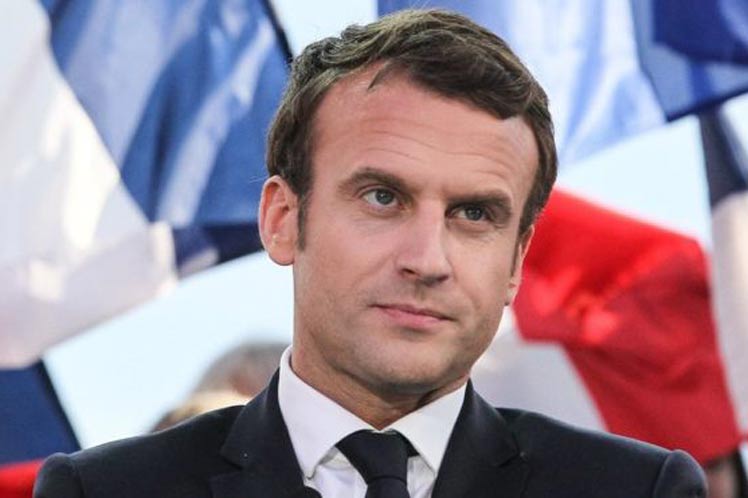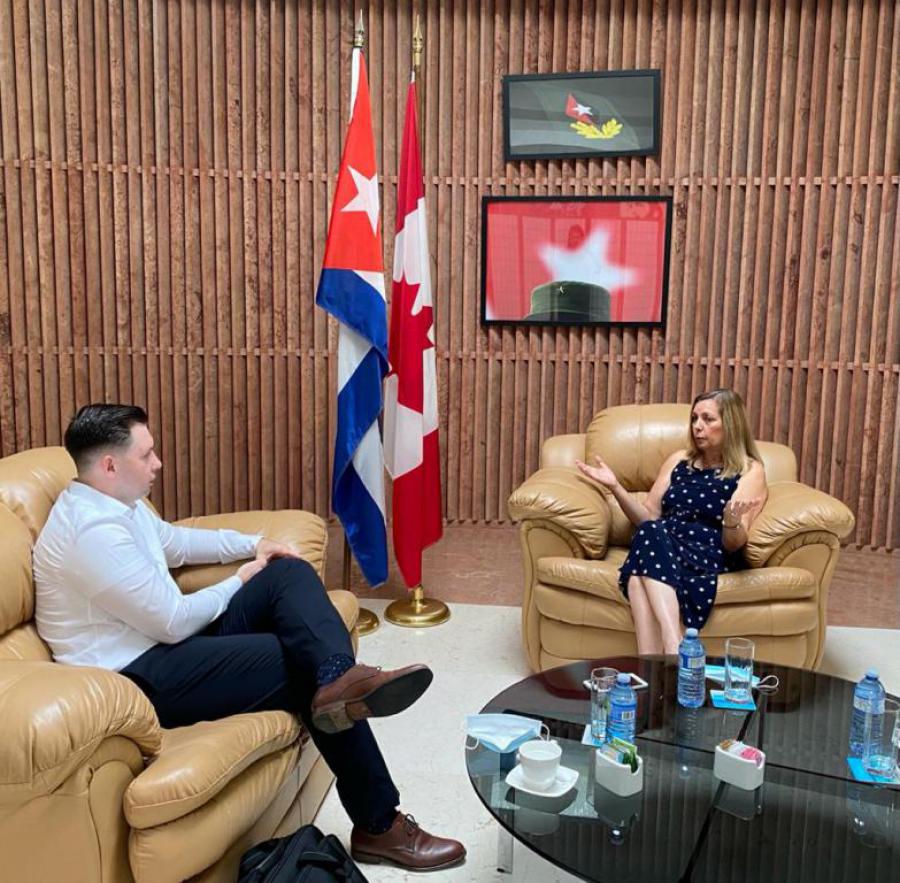The 39-year-old leader of the En Marche! movement, founded a year ago with certain ambiguity (neither right nor left), won the presidential election with 66.6 percent of votes, while his rival, the extreme right-wing politician Marine Le Pen, got 33.94 percent.
Although those figures are little convincing, some statistics show the relative nature of the results: if the total number of registered voters (those who voted and those who abstained) is taken into consideration, Macron’s support drops to 43 percent.
In Sunday’s election, more than 25 percent of voters abstained, the highest figure since 1969, thus meaning that a large number of citizens preferred not casting their votes, probably because they did not support any of the presidential candidates.
Add another variable to abstention: of the voters who decided to support Macron, a large segment (perhaps more than 50 percent) did not vote because they agreed with his ideas, but they did so to prevent the extreme right wing, represented by Le Pen, from taking office.
The En Marche! leader himself admitted a few days ago that ‘many will vote for me to prevent the National Front from being in the presidency.’
As a result, those details cast light on a limitation that might hinder the young politician’s presidency: his project has failed to unite the majority of society.
That happens in a country where division proliferates, as proved in the first round of election, when voters were highly divided among four politicians: Macron, Le Pen, François Fillon (right wing) and Jean-Luc Melechon (left wing).
In that context of divisions, the new president is facing ‘the huge task’ of achieving true cohesion around his project, as he admitted when celebrating his triumph at the promenade in front of the Louvre Museum: ‘I want the unity of our people and of our country.’
In a previous speech from the headquarters of his election campaign, Macron considered necessary to address ‘all citizens regardless of their vote’, and noted that he was aware of the rage, anxiety and doubts of a major part of society.
‘It is my responsibility to listen to them, protecting the most frail, organizing solidarity better, fighting against all forms of inequality and discrimination and promoting the unity of the nation,’ he stressed.
In that regard, analysts agree that the upcoming legislative election in June will be vital, because the new configuration of the National Assembly might facilitate, or not, the performance of the new head of State.
In order to build true credibility in a longer term, Macron would need to overcome two stigmas that followed him as a shadow during his campaign.
In the first place, while he introduces himself as the promoter of renovation, his detractors assure that in practice he will continue the policies of the outgoing socialist president, François Hollande, of whom he was the minister of Finance.
A second element is that Macron affirms that he is the representative of the interests of all French citizens, while his opponents warn that in fact he will defend the financial oligarchy and the big companies in France.
In light of such questioning, the new president would need to remain faithful to his commitments. The possibility of strengthening cohesion around his project is at stake, even of maintaining the support from those who bet on him from the beginning because they believed in change.




